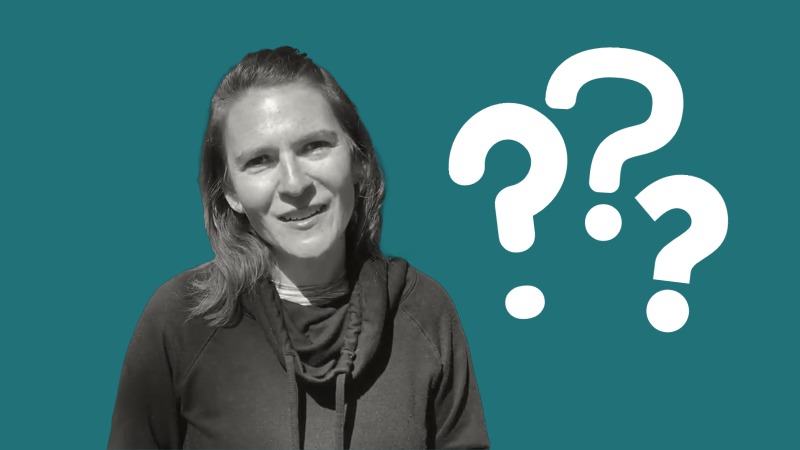“Why?” It’s one of my most favorite and least favorite questions. I love asking the question “why” when I’m trying to get deeper and deeper into a problem working toward its solution. I don’t love it when I come up from all that digging empty handed. If I never actually get to the why, it eats away at me, gnawing at my core. Asking why is one of the first questions a child presents. It’s part of their innate curiosity, and it’s how they learn to engage with the world around them and think deeply about things big and small. And, it’s still one of my least favorite questions when it seems to be on an endless loop.

The need to understand why something happens isn’t just a childlike curiosity, it exists in the Torah as well. We read Parshat Re’eh this week, as the Torah races to the finish line of its lessons. In our parshah we learn about the blessings and curses that will come with observance (or lack thereof) of the mitzvot we’re given. We receive some final warnings about following the laws against idolatry, laws for keeping kosher, and the importance of treating each other as equals. Finally, we receive some more information on our three pilgrimage festivals.
Throughout the Torah, God gives the commandments to the Israelites to celebrate the festivals. In each of the other places – in Exodus, Leviticus and Numbers – God tells the Israelites how to celebrate the holidays. It isn’t until this week’s Torah portion that we learn the why. You can imagine the Israelites getting all of the rules, being told what they are supposed to celebrate, and how they’re supposed to do it. It was probably 40 years in the desert of the Israelites asking God, “But WHY?”
In true Torah form though, God withholds the why to encourage deeper questioning and discovery. In Exodus the Israelites respond to God in chapter 24, verse 7 with, “We will do, and we will understand.” Basically, they committed to learning and to understanding the why only after they were already engaging in action. What if the Israelites had only acted after all their “whys” were answered? They may never have taken the steps to form a cohesive community. They wouldn’t be a nation at all. Instead, their faith and trust led them to the “why” by first doing the “what.”
So often in our lives we get stuck on the why. Like a broken record, we’re unable to move past a certain point unless we get the explanation we think we deserve. However, Judaism is a tradition of action, of involving all of our senses, not just our critical thinking. The Torah in Parshat Re’eh is here to teach us that by taking action, we still get the answer we’re seeking, and it leaves us and the world much more fulfilled.
– Rabbi Eve Posen
Source: But Why?! – Parshat Re’eh 5781



